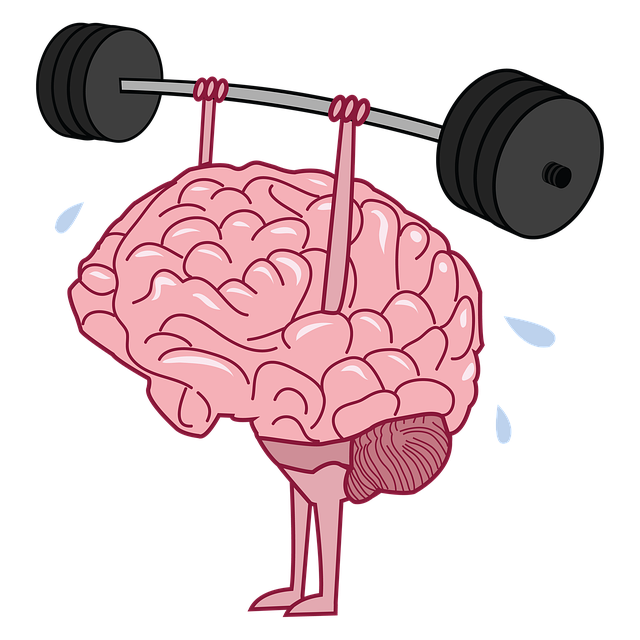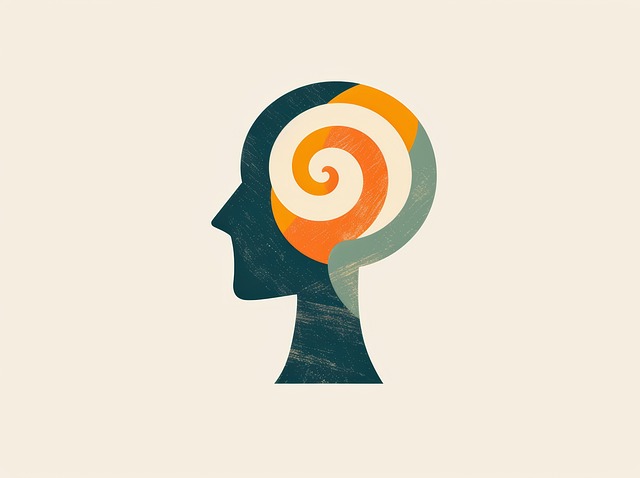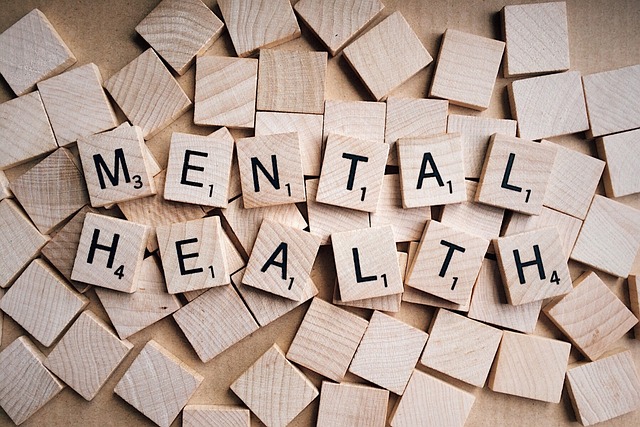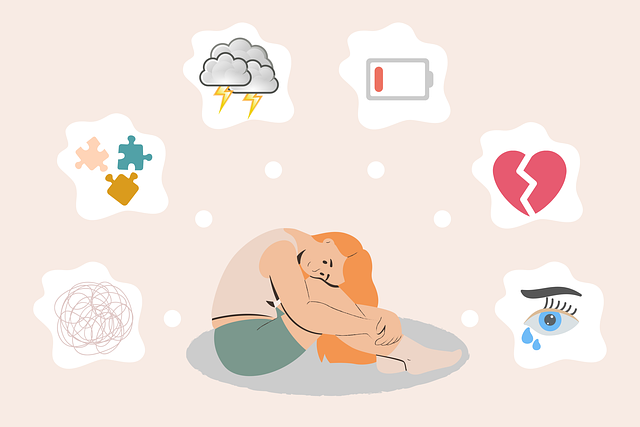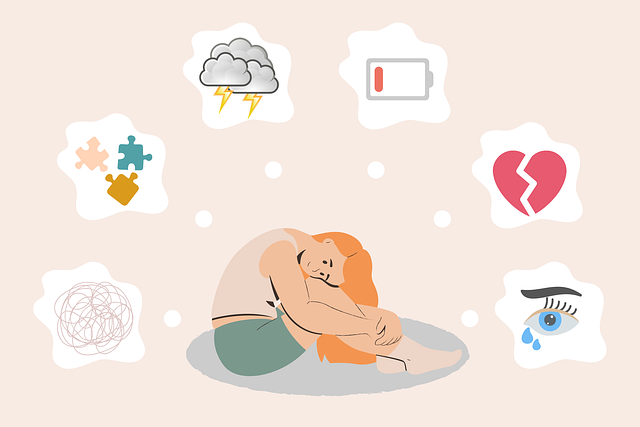Mental Health Crisis Hotlines offer 24/7 support, connecting individuals in distress with trained professionals who provide therapy (including Therapy for Gender-Affirming Care), emergency intervention, and referrals to local resources. By implementing Community Outreach Programs and raising mental health awareness, these hotlines reduce stigma, foster inclusivity, and empower users with tools for emotional regulation through mindfulness meditation. Effective use requires clear communication of specific needs, like coping skills development, to receive tailored support and long-term mental well-being benefits.
“In today’s fast-paced world, mental health crises can arise unexpectedly. Mental health crisis hotline support services play a vital role in providing immediate assistance. This article explores three crucial aspects of these critical resources. Firstly, we delve into understanding mental health crisis hotlines and their significance. Secondly, we highlight the unique value of gender-affirming care in crisis support. Lastly, we offer guidance on accessing and utilizing these services effectively. For those seeking therapy for gender-affirming care, these hotlines can be game-changers.”
- Understanding Mental Health Crisis Hotlines
- The Role of Gender-Affirming Care in Crisis Support
- Accessing and Utilizing these Services Effectively
Understanding Mental Health Crisis Hotlines

Mental Health Crisis Hotlines serve as vital resources for individuals experiencing acute emotional distress or mental health crises. These 24/7 services provide immediate support, offering a safe space to express concerns and connect with trained professionals who can offer guidance, therapy, and even emergency intervention if needed. For those seeking Therapy for Gender-Affirming Care, crisis hotlines are particularly valuable, ensuring accessibility and confidentiality during vulnerable times.
These hotlines often employ specialized teams equipped to handle a range of issues, including anxiety, depression, suicidal ideation, and more. They act as gateways to appropriate resources, be it connecting callers to local support groups, providing coping strategies for Stress Reduction Methods, or directing them towards specialized treatment centers. Furthermore, crisis hotline services contribute to broader Community Outreach Program Implementation efforts by raising mental health awareness and reducing stigma, ultimately fostering a more supportive environment for vulnerable individuals to seek the help they need.
The Role of Gender-Affirming Care in Crisis Support

In the context of mental health crisis hotline support services, integrating gender-affirming care is becoming increasingly vital. This approach, tailored to individuals’ identities and experiences, offers a safe space for those struggling with issues related to their gender. Therapy for Gender-Affirming Care focuses on providing non-judgmental, empathetic support, helping users navigate complex emotions, and fostering a sense of self-acceptance. By employing conflict resolution techniques within this framework, hotline operators can facilitate productive conversations, enabling clients to resolve internal and external conflicts that may be exacerbating their crises.
Beyond crisis intervention, mental health education programs designed with gender-affirming care in mind can empower individuals to manage their emotional regulation. These programs often incorporate strategies for coping with stress, anxiety, and depression, ensuring users gain valuable tools to maintain their mental well-being over time. By addressing the unique needs of diverse populations, these services contribute to a more inclusive and effective crisis support system, reflecting the evolving understanding of mental health within society.
Accessing and Utilizing these Services Effectively

Accessing and utilizing mental health crisis hotline support services effectively requires a proactive approach. Individuals seeking therapy for gender-affirming care or other challenges should be prepared to communicate their needs clearly. Expressing specific concerns, such as the desire for coping skills development or resilience building, can help guide the conversation towards tailored support. Many hotlines offer immediate resources and referrals to suitable professionals, including therapists specializing in gender-affirming care.
For optimal engagement, consider incorporating mindfulness meditation techniques recommended by hotline counselors. These practices can enhance emotional regulation, making it easier to navigate stressful situations and crises. By actively participating in the process, individuals not only gain access to valuable services but also develop lifelong coping mechanisms that foster mental well-being.
Mental health crisis hotline support services play a vital role in providing immediate assistance and guidance during times of distress. By offering confidential, non-judgmental conversations, these hotlines empower individuals to navigate their mental health challenges. In the context of gender-affirming care, specialized services ensure that LGBTQ+ folks receive tailored therapy and support. Effective access to these resources can be life-changing, enabling individuals to find solace, make informed decisions, and take proactive steps towards healing. Remember that seeking help is a courageous act, and with the right support, recovery and well-being are within reach.
